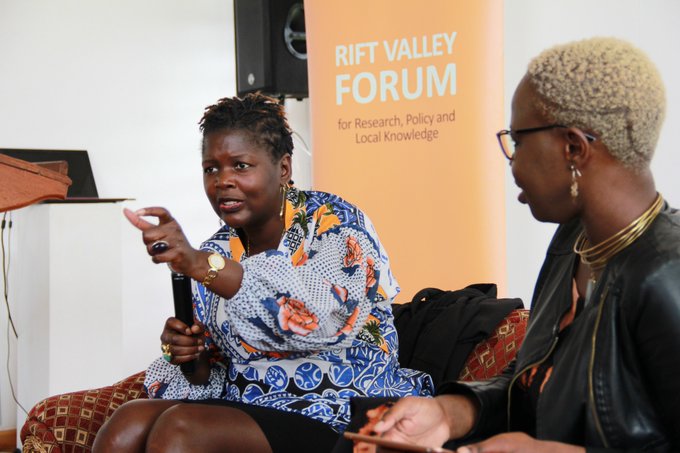
The Rift Valley Forum for Research, Policy and Local Knowledge, previously the Nairobi Forum, was established in 2012 to provide a new space for critical discussion of political, economic and social issues in Eastern and Central Africa. The Forum is a venue for dispassionate examination of contested terrain, where researchers, practitioners, officials and activists–from the region and beyond–can meet on equal terms. The Forum programme includes the Horn, East Africa, Central Africa and the Sudans. Besides the Nairobi programme, Forum meetings have been held in Juba, Mogadishu and Hargeysa.
Details of upcoming and past Forum events can be seen below:
